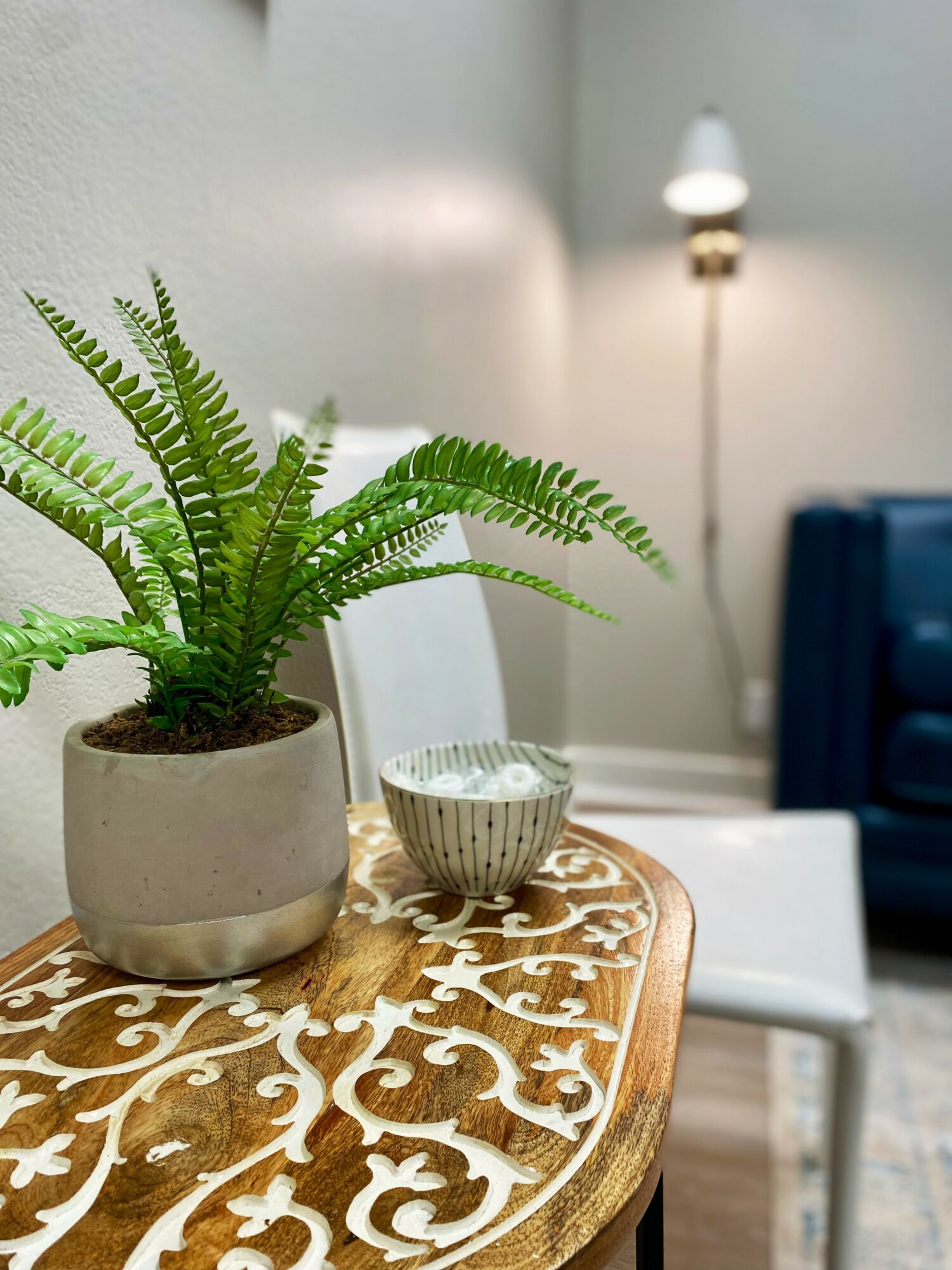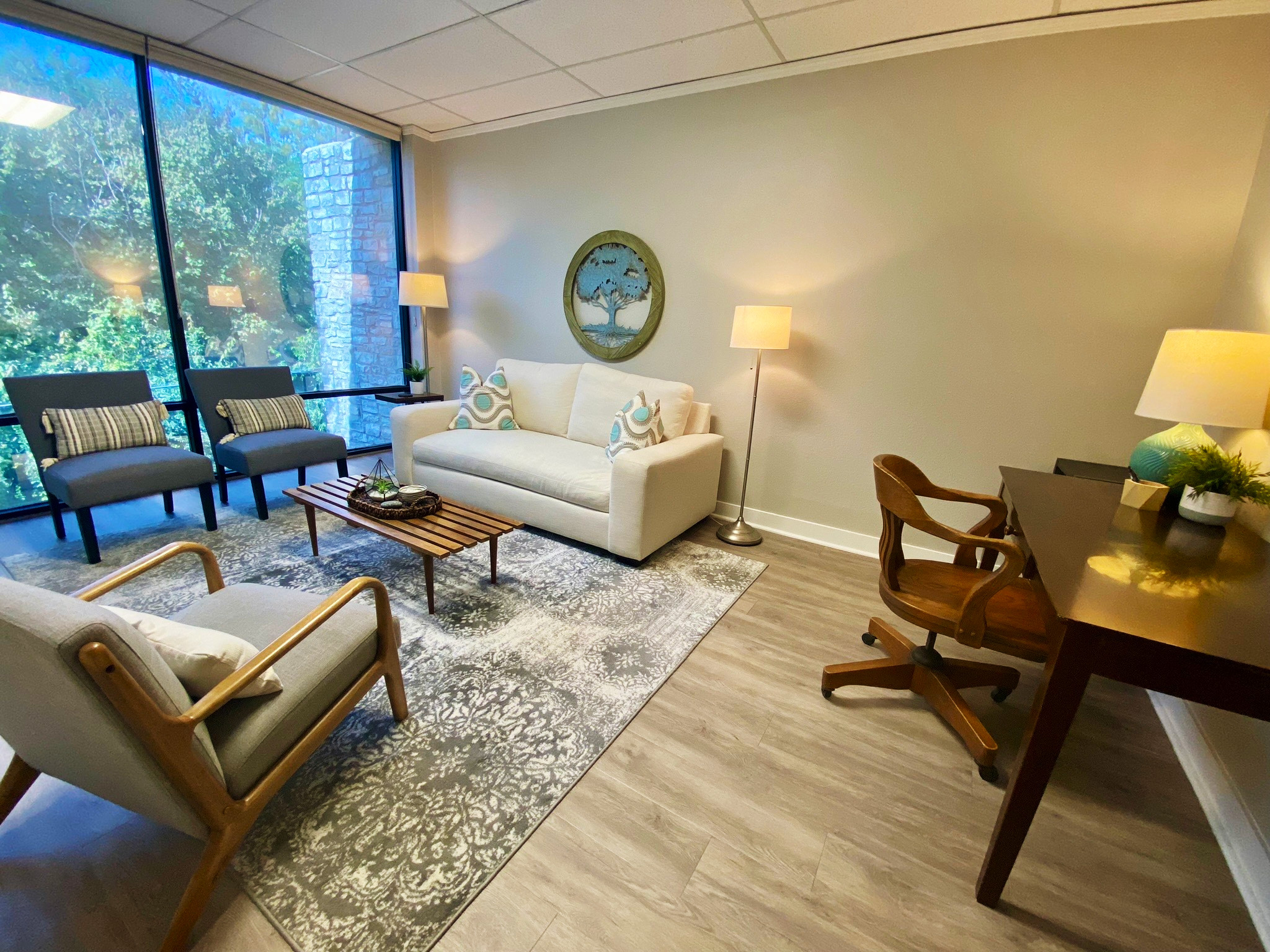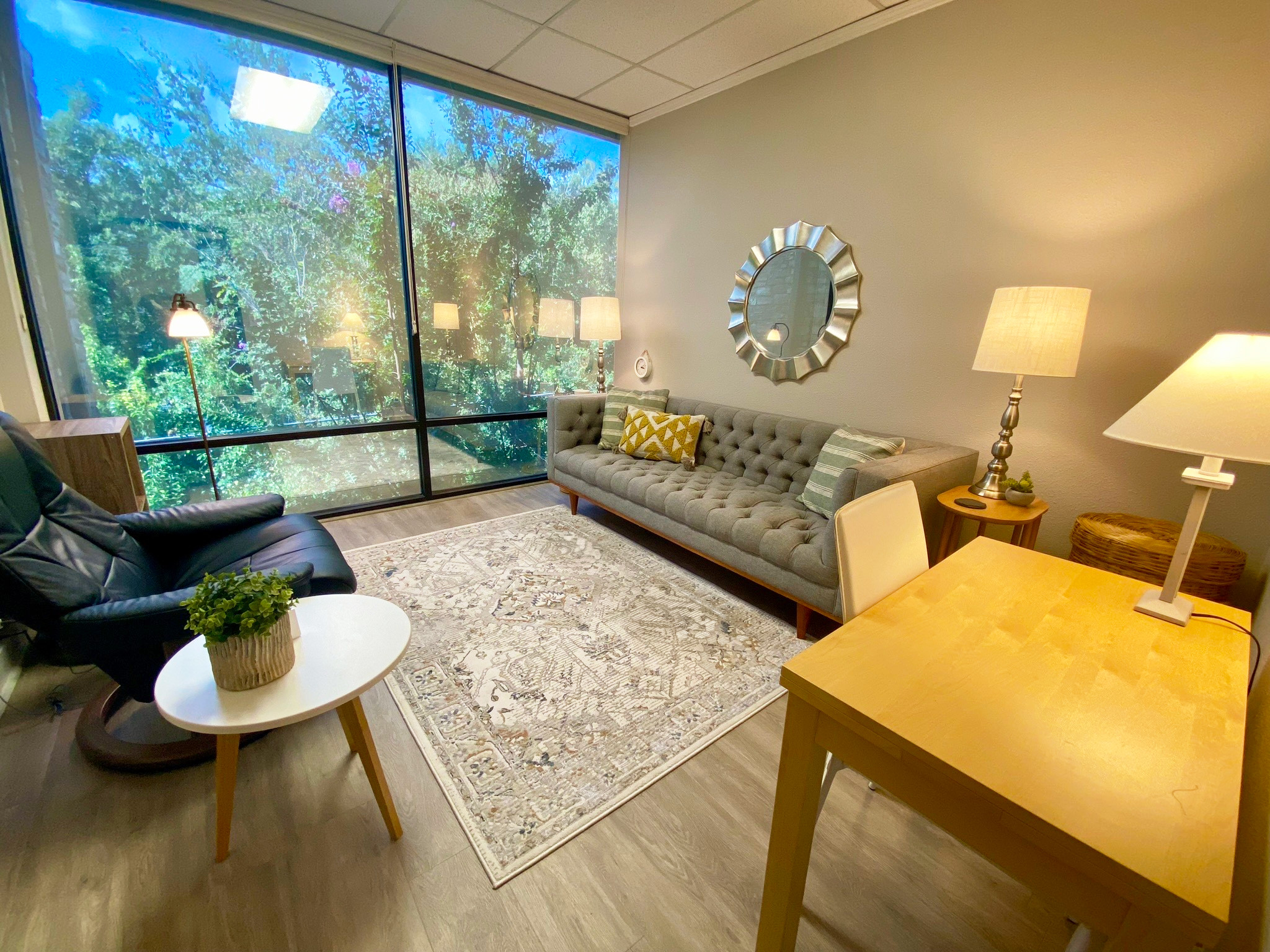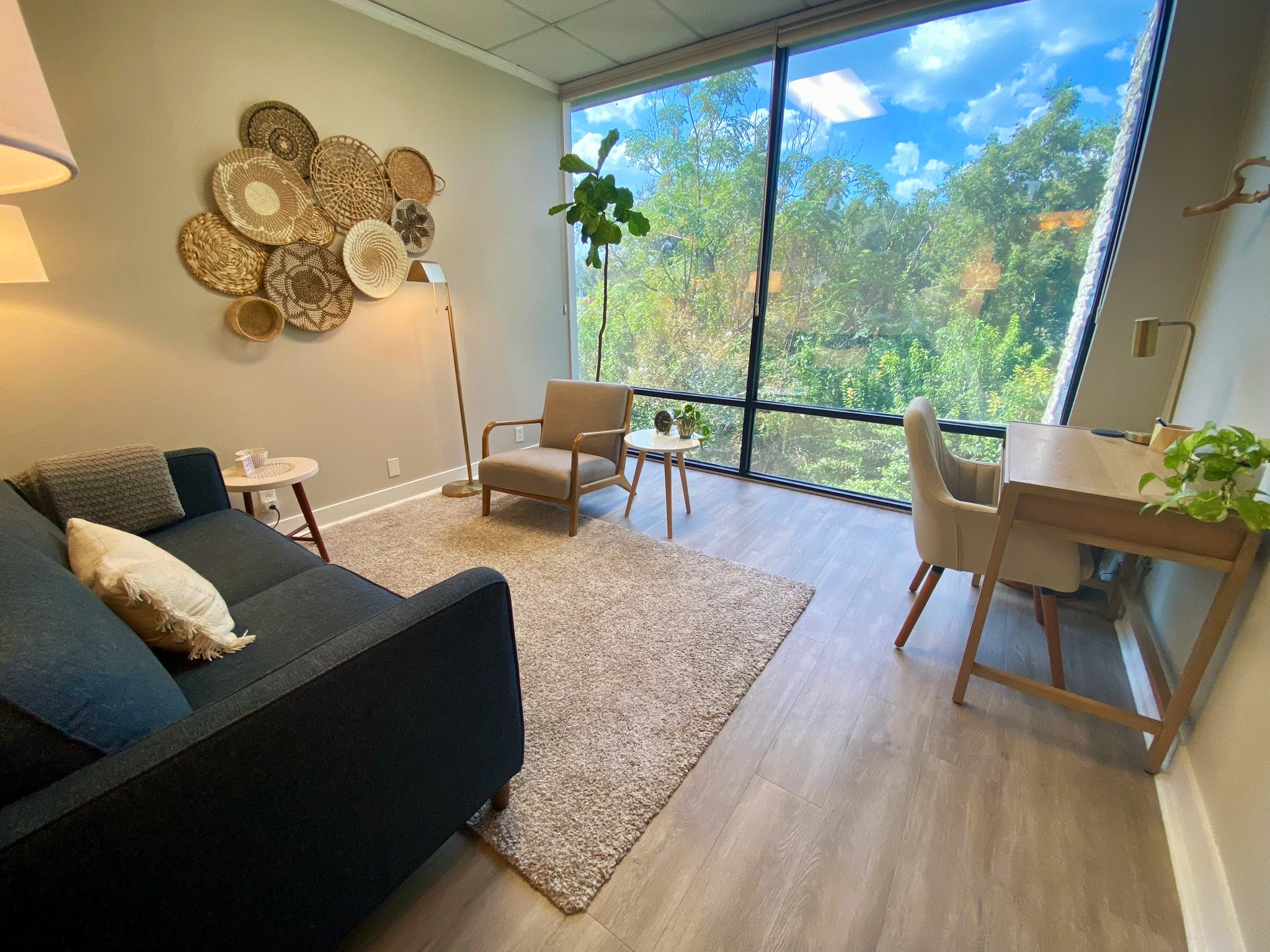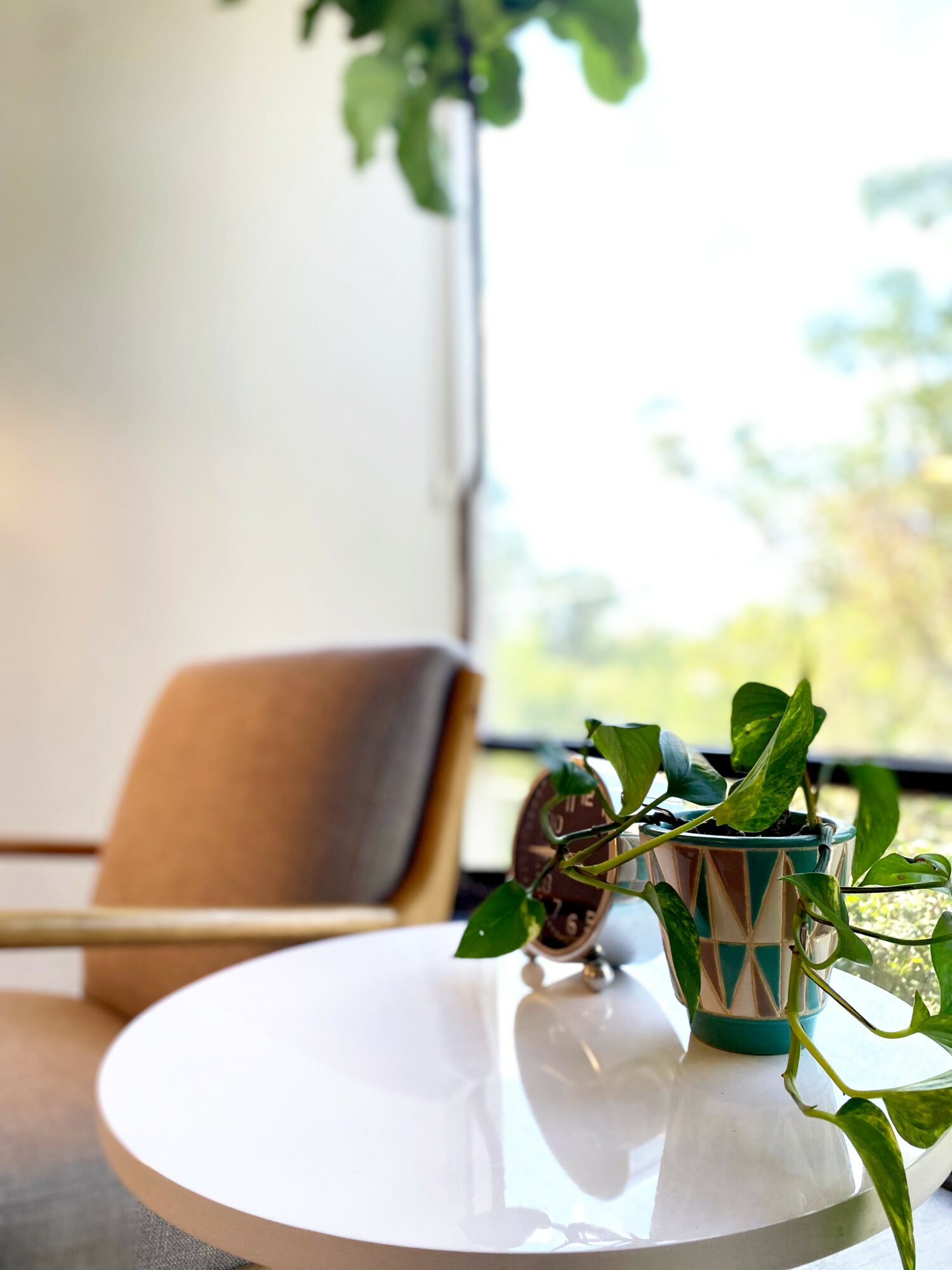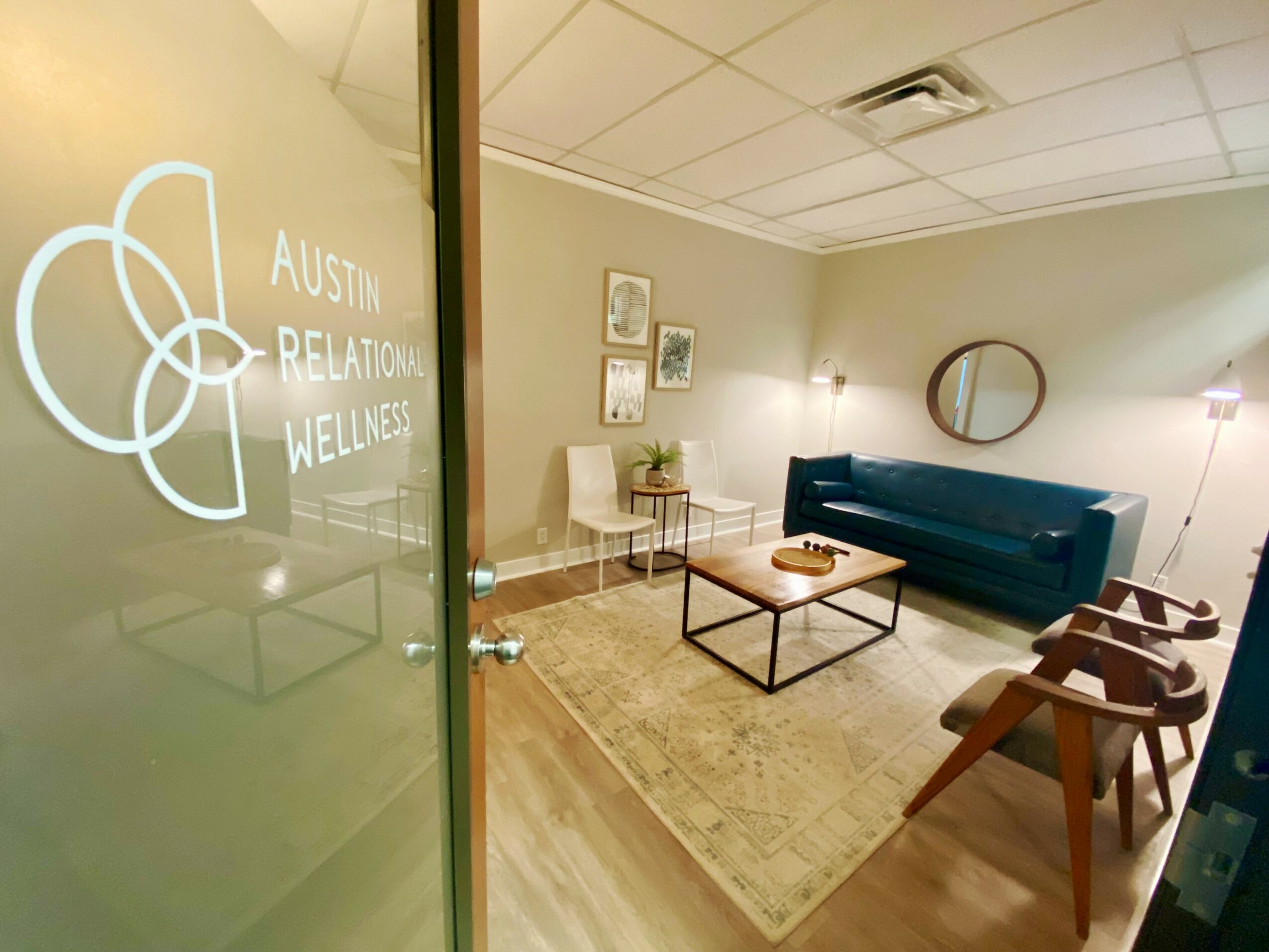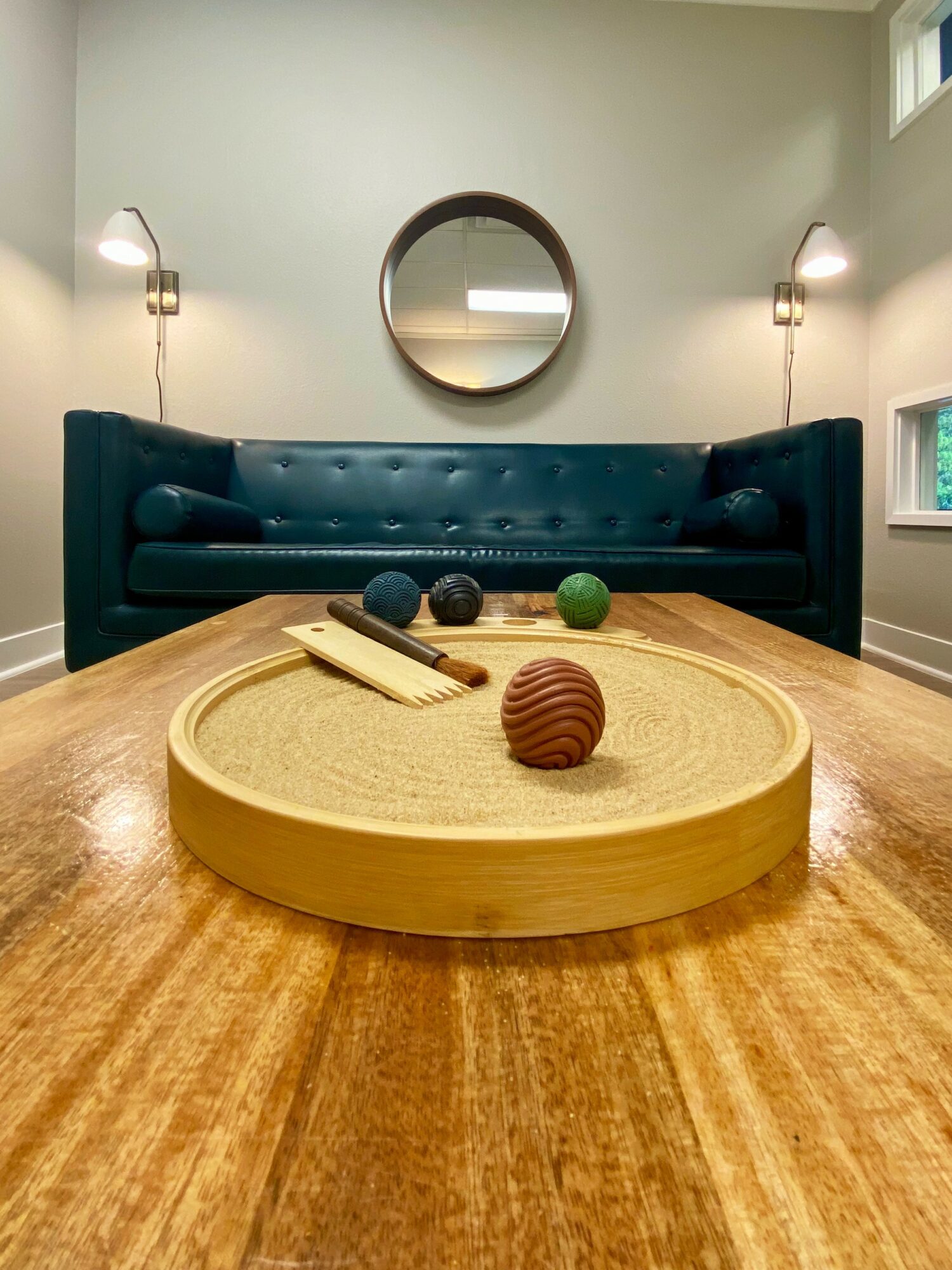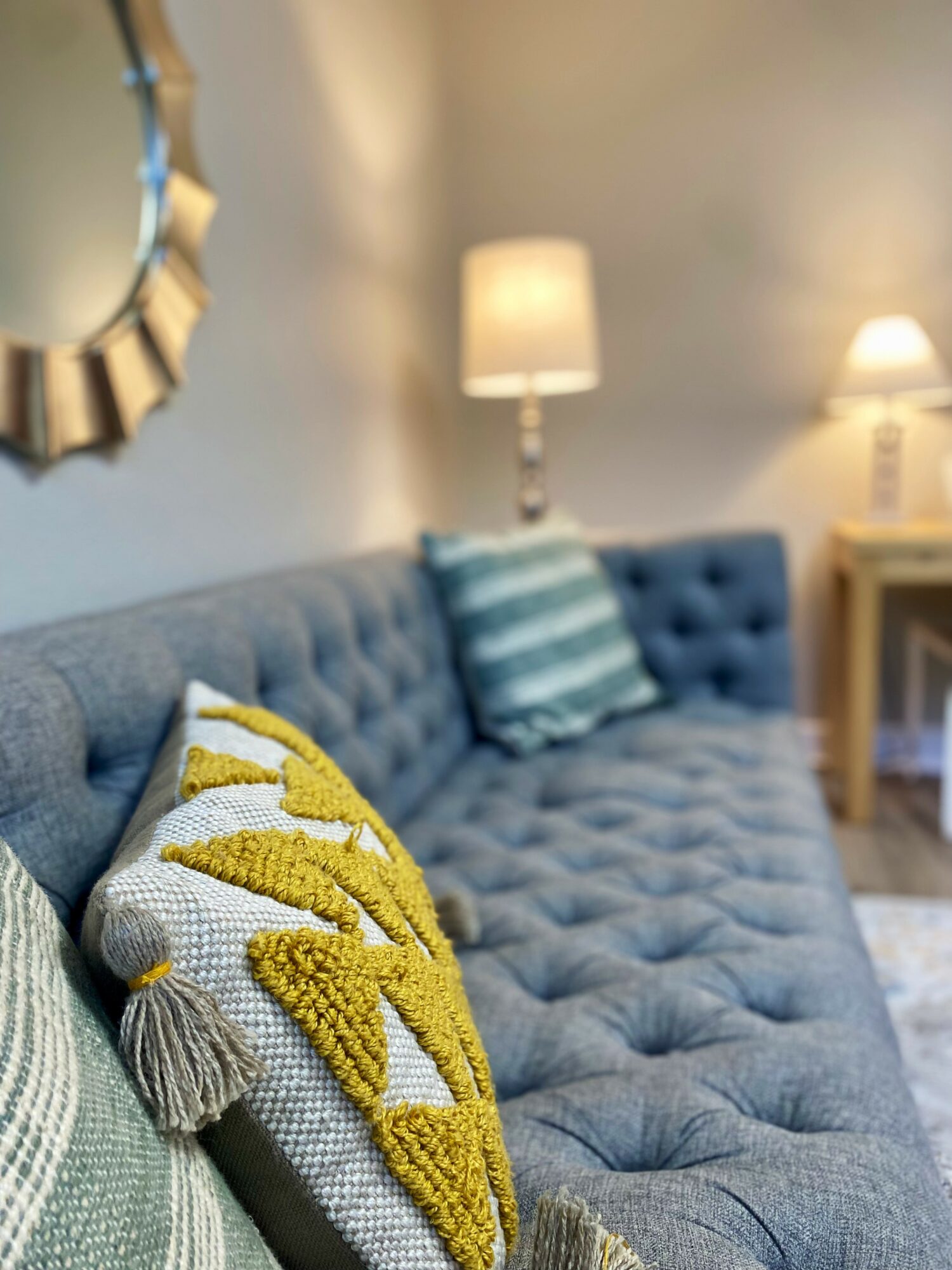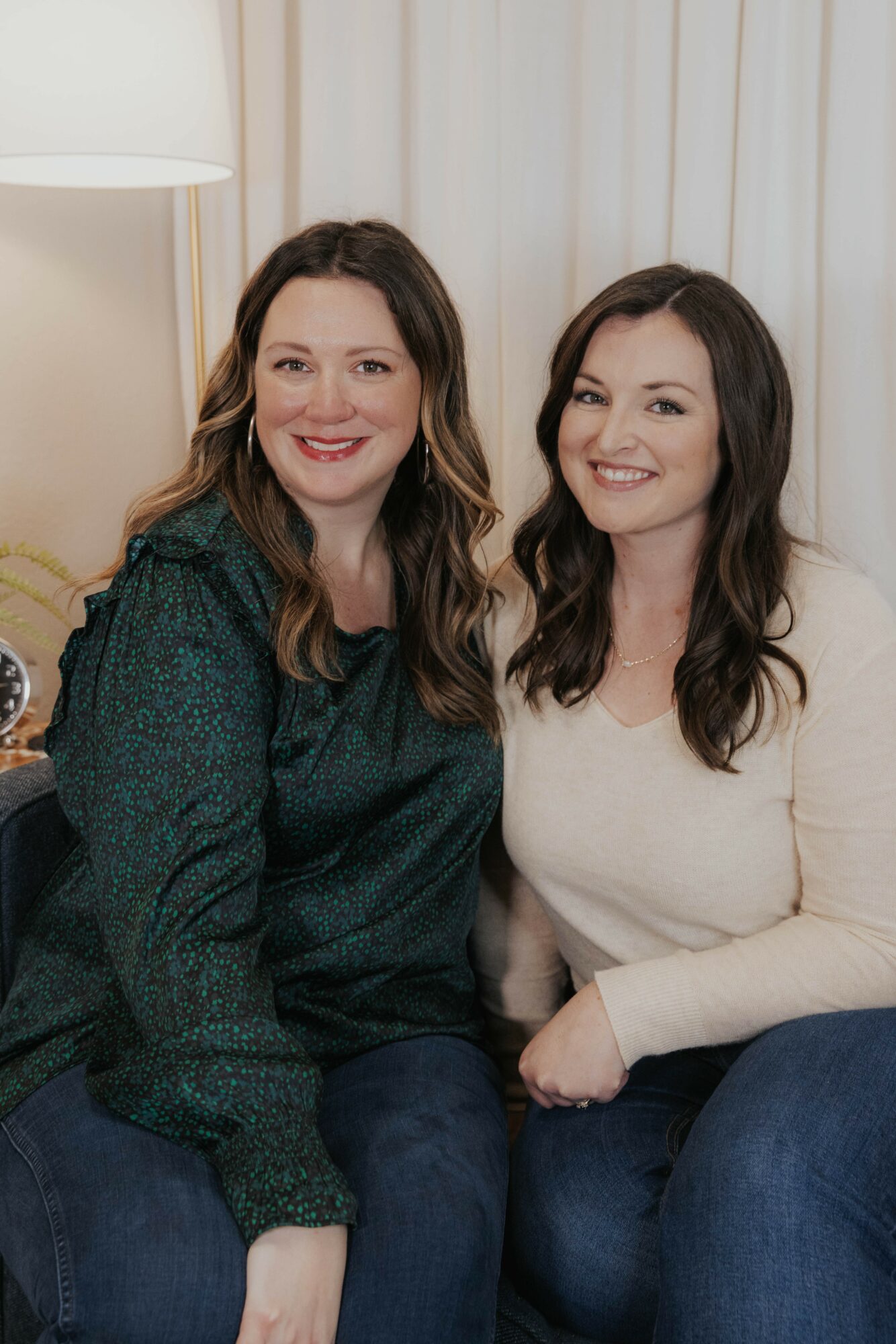

We’re looking forward to introducing you to Hannah Eubank & Cat van der Westhuizen. Check out our conversation below.
Good morning Hannah & Cat, it’s such a great way to kick off the day – I think our readers will love hearing your stories, experiences and about how you think about life and work. Let’s jump right in? What do you think is misunderstood about your business?
A common misunderstanding is that therapy is only for people in crisis, when everything feels like it’s falling apart. The truth is, therapy can be just as valuable when life is relatively steady. It can be a place to grow, prevent small issues from becoming big ones, and strengthen relationships before they reach a breaking point. We see therapy as an investment in yourself and your connections, not just a last resort.
As a group practice, we’re also able to offer something people don’t always expect: choice and fit. Every therapist on our team has their own specialties and style, and we spend time making sure clients are paired with someone who feels like the right match. That personalized approach creates an experience that’s more supportive and more effective than many people realize therapy can be.
Can you briefly introduce yourself and share what makes you or your brand unique?
We’re Hannah and Cat, co-owners of Austin Relational Wellness. ARW is a group practice in Austin that helps people strengthen their most important relationships, whether that is with a partner, themselves, or others in their lives. We’ve built a team of clinicians who are trained specifically in couples therapy and relationship therapy, and who are also deeply human and approachable. What makes ARW unique is that we care just as much about the well-being of our therapists as we do about our clients. That balance creates a practice that feels supportive, sustainable, and growth-oriented for everyone who is part of it.
Thanks for sharing that. Would love to go back in time and hear about how your past might have impacted who you are today. What breaks the bonds between people—and what restores them?
This really gets at the heart of what we do in therapy. Bonds between people often break when our deeper attachment needs go unmet. Just like we need food and water to survive, we all have a basic need to feel safe, valued, and connected to the people who matter most to us. When those needs go unspoken or unmet, the hurt can pile up and slowly create distance.
What usually happens next is that people cope in ways that push connection even further away. Some protest by becoming more critical or demanding, while others withdraw or shut down to protect themselves. Those patterns tend to trigger each other and can leave both people feeling unseen, even when they care deeply about one another.
What restores bonds is recognizing those cycles and the attachment needs underneath them. Repair happens when each person is willing to be honest about their feelings, take responsibility for their part, listen with empathy and respect, and take small steps to stay engaged instead of pulling away. That’s when trust starts to be rebuilt and connection can grow again.
If you could say one kind thing to your younger self, what would it be?
You don’t have to have it all figured out right away. Building a private practice is a process, and it’s normal to feel uncertain or overwhelmed at the beginning. Trust the process, trust yourself, and know and remain clear on the values that drive you. Lean into the people who care about you and the colleagues who understand what you’re building, because you don’t have to do it alone. Every small decision, every risk, and every lesson learned will add up. What feels daunting now will eventually become the foundation of something you’re proud of.
Alright, so if you are open to it, let’s explore some philosophical questions that touch on your values and worldview. Whose ideas do you rely on most that aren’t your own?
We draw heavily from leaders in relational therapy such as John and Julie Gottman, Sue Johnson, and Esther Perel. Their research and approaches continue to shape how we understand connection, conflict, and repair. We also look to our team for new ideas and perspectives, since each clinician brings their own strengths and insights to the work. And just as often, it is our clients who teach us the most by showing us what resilience and change look like in real time.
Before we go, we’d love to hear your thoughts on some longer-run, legacy type questions. What do you understand deeply that most people don’t?
What we understand deeply, but many people don’t, is that conflict, when handled well, can actually become a doorway to deeper connection. Most of us grow up believing that conflict is something to fear or avoid, but avoidance is often what creates distance. In our work, we see over and over that when people learn how to navigate hard conversations with respect and empathy, they not only resolve the issue at hand but also build more trust and closeness in the process. Conflict can help people get clearer about what they need, understand each other better, and even discover new ways to connect. When approached with openness and care, it can be the very thing that brings people closer together.
Contact Info:
- Website: https://www.austinrelationalwellness.com
- Instagram: https://www.instagram.com/austinrelationalwellness
- Facebook: https://www.facebook.com/Austinrelationalwellness
- Yelp: https://www.yelp.com/biz/austin-relational-wellness-austin
